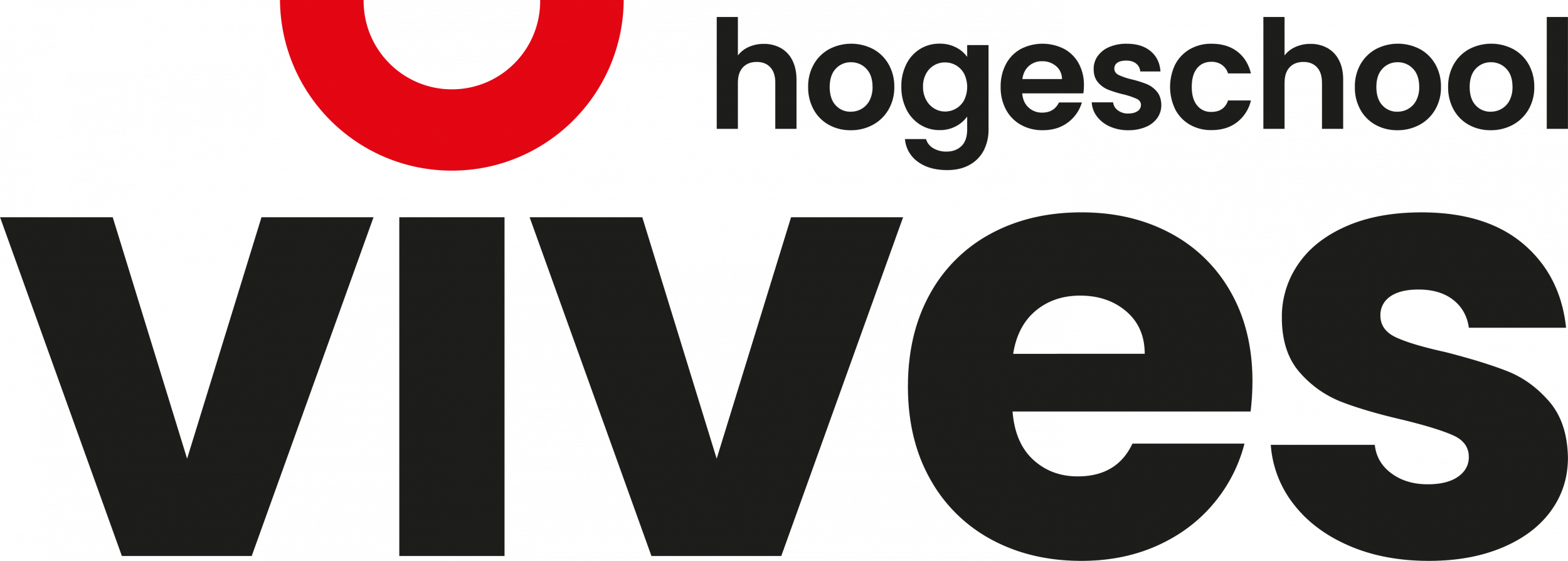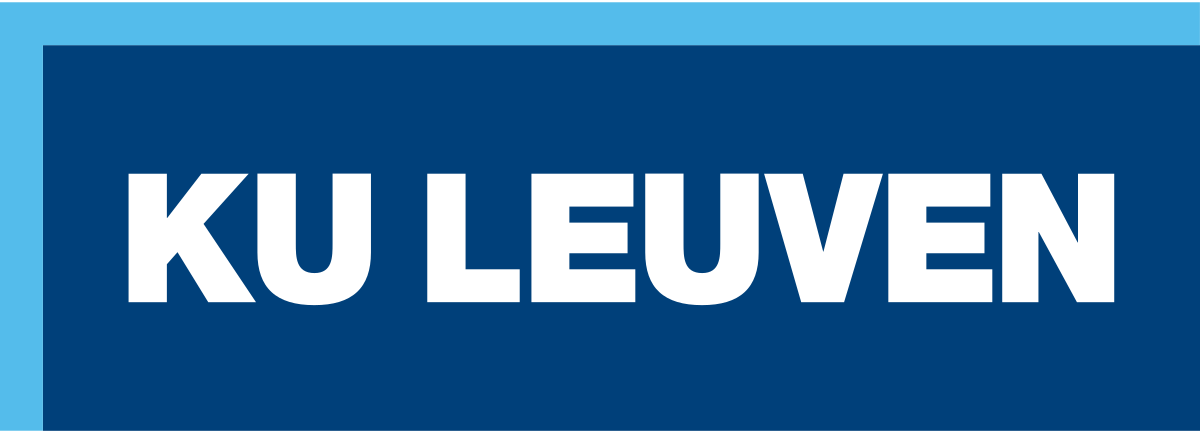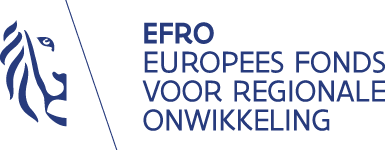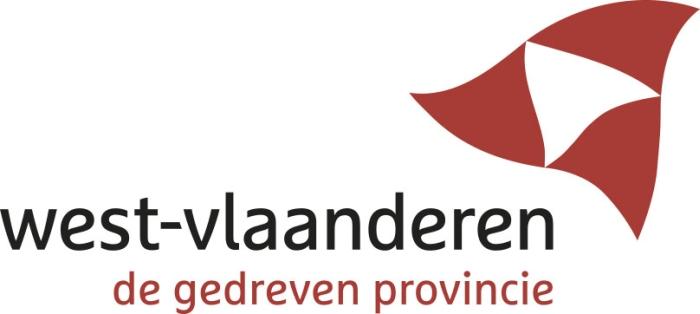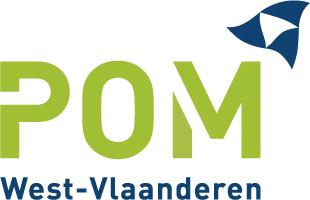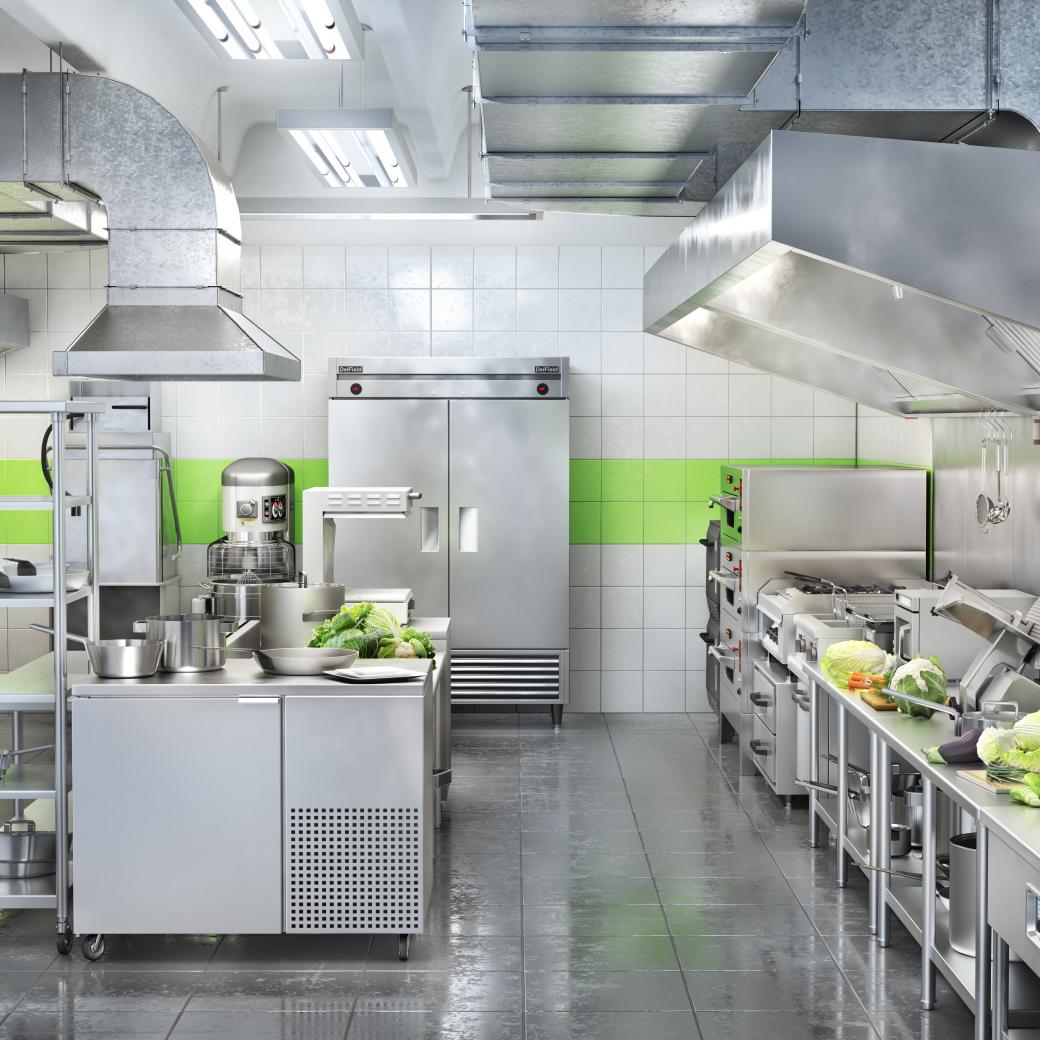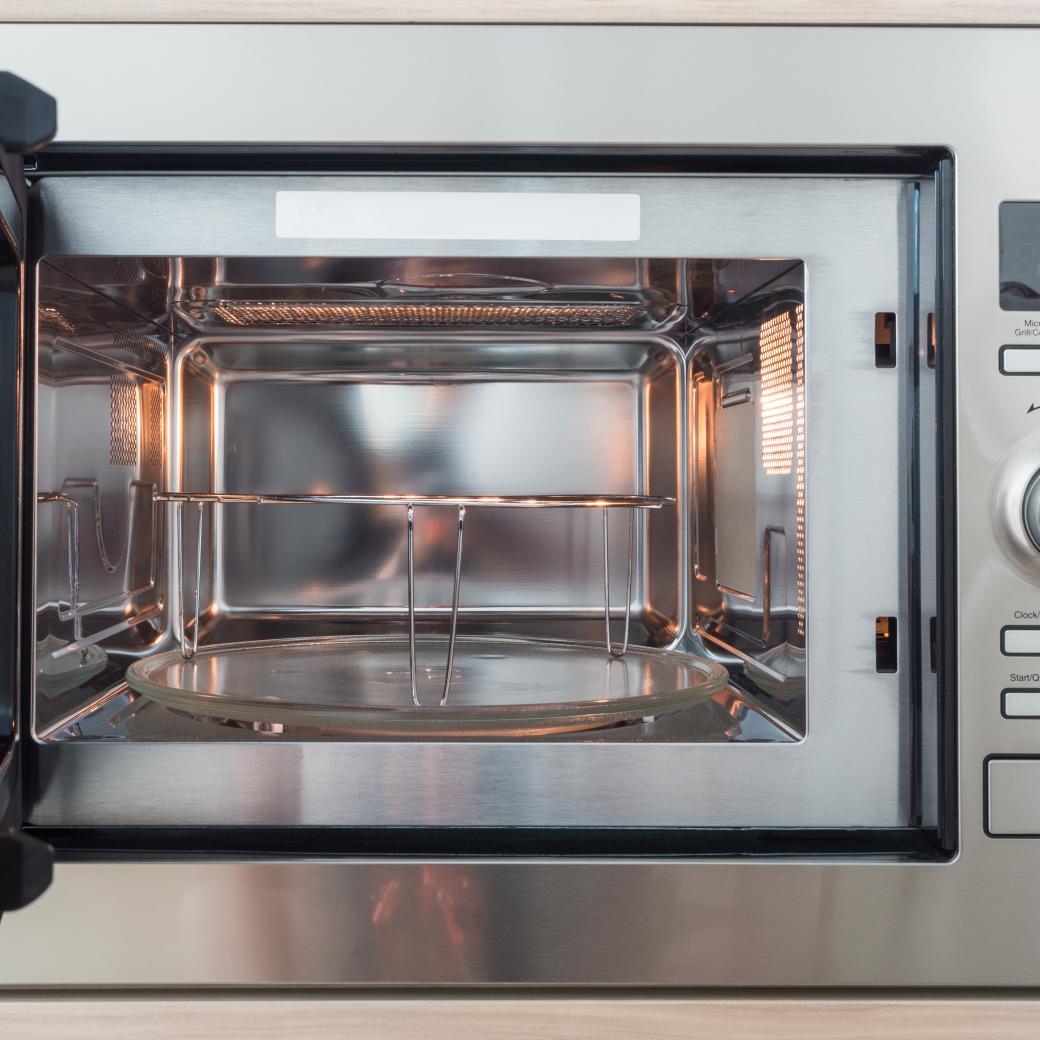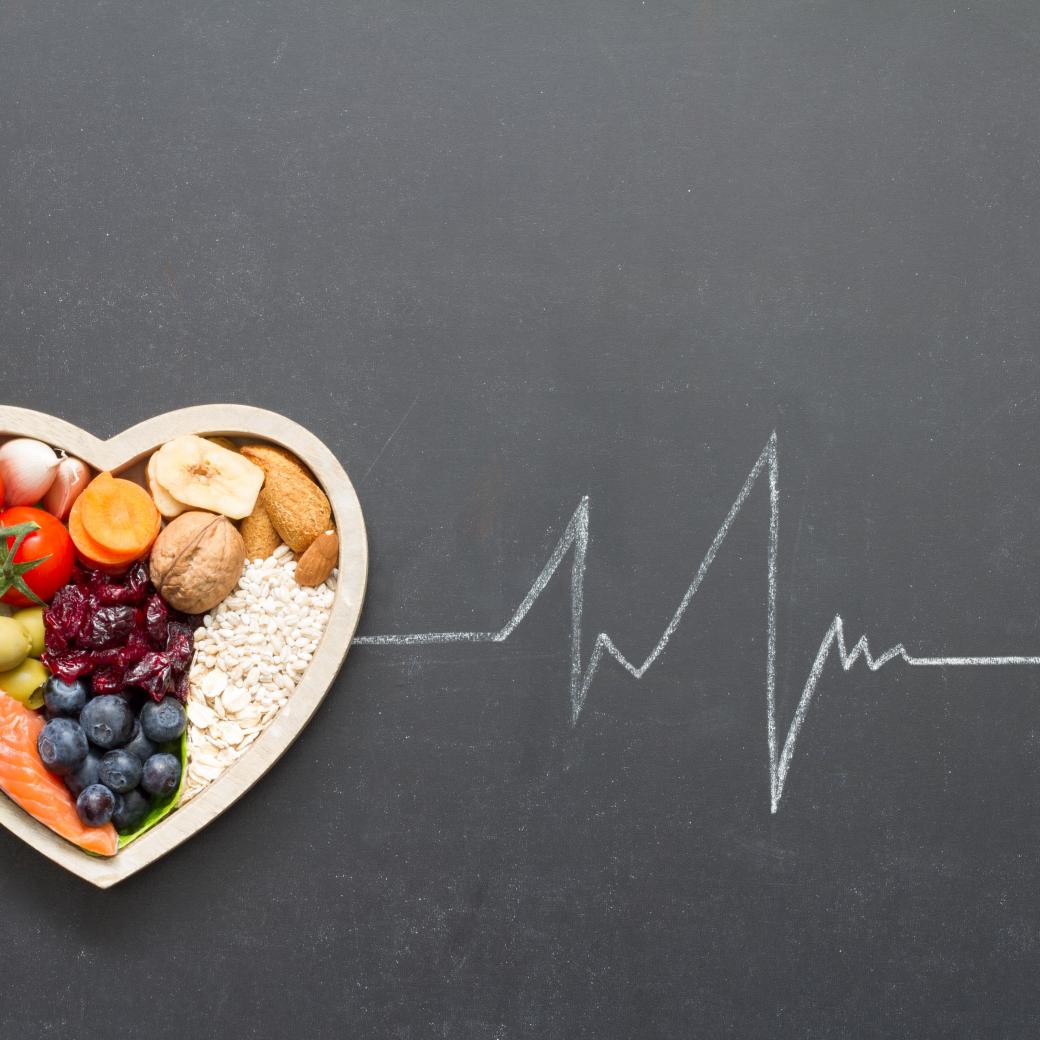CTRL+ALT+FOOD+SHIFT
Expansion of pilot and lab infrastructure in West Flanders
Why this project?
The FOOD industry is very important in (West) Flanders. However, continuously adapting to the changing global market, with more focus on sustainability and health, comes with many challenges. Along with economic realities, such as increased raw material and energy prices, a SHIFT within the food industry is underway to meet these challenges, by seeking ALTernative raw materials and production processes.
This includes trends such as the shift from animal to plant-based and the reduction of saturated fat, sugar, salt, and refined components. But the valorisation of by-product streams or the use of local crops also offers new opportunities for the development of innovative products that still meet consumers’ high expectations in terms of flavour, price, health, etc.
To support the many food companies, often SMEs, with limited possibilities for (scientifically) substantiated product or process innovations, this project will invest in new lab and pilot equipment, which will be able to be used to support the companies. This is how we aim to drastically increase the number of introductions of sustainable and nutritious foods to anchor the power of the food industry in (West) Flanders.
Methodology and expected results
Together with its partners, Flanders’ FOOD has already invested significantly in creating pilot infrastructure in Flanders, accessible to all companies, over the past few years. With this European Regional Development Fund (ERDF) project, there will be additional investments in lab and pilot infrastructure. On the one hand, in the LIPID Lab of the Food & Lipids research group of KU Leuven Campus Kulak Kortrijk, and on the other hand, in the FOOD INNOVATION PARK in Roeselare, where the FOOD RESEARCH & DEVELOPMENT Hall will be further expanded in surface area, and with a number of new pilot plants. Furthermore, a FOOD INCUBATOR will also be built, which will house some promising young start-ups, to produce innovative food products in an HACCP-compliant production space. POM West Vlaanderen will operate this.
Besides these rather ‘material’ objectives, several dissemination activities around food and health will be organised, and the link between companies, healthcare actors, and knowledge institutions will be further built. Through targeted communication and co-creation sessions, we want to direct companies to the new infrastructure so that numerous concrete questions can be converted into bilateral or collective research projects, thus bringing numerous new innovations to the market.
Target group
The target group is, on the one hand, the large group of food companies in (West) Flanders with limited R&D capabilities. Because of the project’s additional focus on tailored nutrition for specific target groups, the wider healthcare sector is also a target group. Given its focus on nutritious and sustainable food products, the project is also of socio-economic importance. Complementary communication actions are therefore also aimed at the general public.
For the incubator, the focus is on start-ups in West Flanders with innovative food products, meals, or meal components that contribute to a healthy diet or sustainability.
Project partners
- POM West Vlaanderen coordinates the project. Nathalie van Hal nathalie.vanhal@pomwvl.be. They are also in charge of building the FR&D Hall extension and incubator.
- KUL Kulak: partner – equipment purchase for Lipid Lab (imogen.foubert@kuleuven.be)
- VIVES: partner – Vives lab equipment purchase (Yves.debleecker@vives.be)
- Flanders’ FOOD: partner – additional appliances purchase for FR&D Hall
Contact

From apple tree to innovation: meet B3ET

Sustainable animal feed from sweetcorn cobs: meet Trotec


